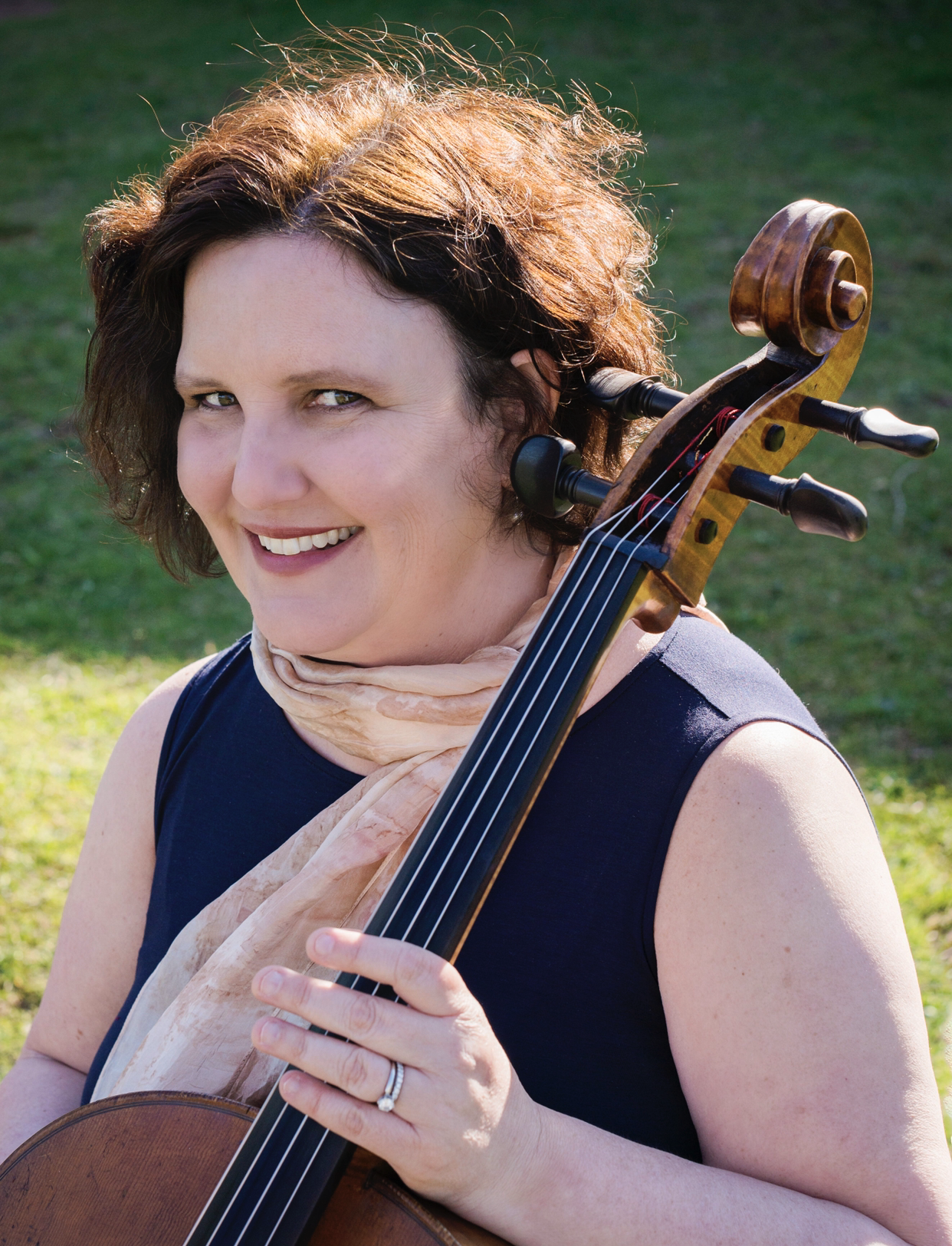Notes on Brahms Piano Quintet in f minor Op. 34: If at first you don’t succeed try, try again…
by Mimi Morris Kim

Johannes Brahms’ piano quintet had a long and difficult gestation. He composed it initially as a string quintet in 1862, modeling it after the great cello quintet of Franz Schubert. He sent the first three movements to his friends and mentors, pianist Clara Schumann and the violinist Joseph Joachim. Their enthusiasm for the piece was decidedly tempered. Joachim said, “what it is lacking, is, in a word, charm.” Brahms went back to the drawing board. The next year he presented it and performed it in concert as a two piano work. The reviews were not great. Clara Schumann praised its musical substance and urged him to edit it further. In 1864 Brahms rewrote it again and this time scored it as a piano quintet: string quartet plus piano. The third time, the iteration we are performing on this concert, proved to be the elusive charm that Joachim sought.
The work has 4 movements. For me, it is fascinating to hear the influence of Schubert throughout. The grand and tragic first movement has counterpoint that harkens closely to the music box, doily-like intricacy of Schubert’s quartet writing. The second movement is imbued with the lyricism of a Schubert lied. The third movement with its dogged wrestling between Db and C comes close to a direct quotation of the final moment of the Schubert quintet. The 4th movement is its own animal. I had never quite understood how Schoenberg considered Brahms the father of modernism until I studied the beginning of this movement. The opening is mysterious, creepy even in its harmonic ambiguity. The rest of the movement, a gypsy hybrid of rondo and sonata form, is more conventional. In this movement, we can see Brahms handily pointing both forwards and backwards in time.
We welcome you to join us on February 23rd at Eastern University’s Fowler Hall and on February 24th at the Presbyterian Church of Chestnut Hill, to hear this wonderful quintet. Also on the program, Amy Beach’s String Quartet in One Movement, Op. 89 and Mozart’s String Quartet in Eb, K. 428.

